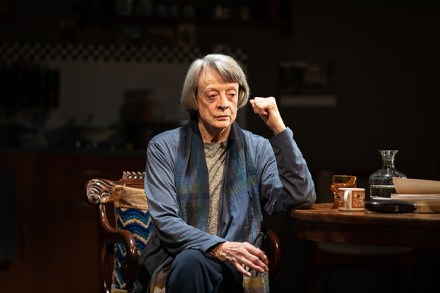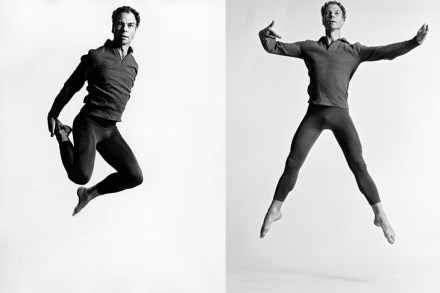Keeping it real | 25 April 2019
It starts at a secretarial college. The stage is occupied by a dignified elderly lady who recalls her pleasure at learning shorthand in the 1920s. She lived in Germany and she took a job at a firm headed by a man named Goldberg. He was Jewish. These unremarkable disclosures are spoken by Brunhilde Pomsel, a woman of high intellect and modest ambitions, who was born in 1911 and died two years ago, aged 106. Her life story was turned into a documentary film, which Christopher Hampton has adapted for the stage. Pomsel’s words are spoken by Dame Maggie Smith. What makes her fascinating is that she worked for Josef Goebbels




















